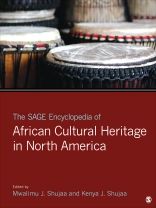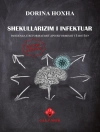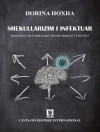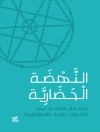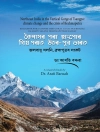The
Encyclopedia of African Cultural Heritage in North America provides an accessible ready reference on the retention and continuity of African culture within the United States. Our conceptual framework holds, first, that culture is a form of self-knowledge and knowledge about self in the world as transmitted from one person to another. Second, that African people continuously create their own cultural history as they move through time and space. Third, that African-descended people living outside of Africa are also contributors to and participants in the creation of African cultural history. Entries focus on illuminating Africanisms (cultural retentions traceable to an African origin) and cultural continuities (ongoing practices and processes through which African culture continues to be created and formed). Thus, the focus is more culturally specific and less concerned with the broader transatlantic demographic, political and geographic issues that are the focus of similar recent reference works. We also focus less on biographies of individuals and political and economic ties and more on processes and manifestations of African cultural heritage and continuity.
FEATURES:
- A two-volume A-to-Z work, available in a choice of print or electronic formats
- 350 signed entries, each concluding with Cross-references and Further Readings
- 150 figures and photos
- Front matter consisting of an Introduction and a Reader’s Guide organizing entries thematically to more easily guide users to related entries
- Signed articles concluding with cross-references
Mengenai Pengarang
Mwalimu J. Shujaa is a professor and dean of the College of Education and Human Development at Southern University in New Orleans, Louisiana. He holds an Ed D in anthropology of education from the Graduate School of Education at Rutgers University in New Brunswick, New Jersey. Dr. Shujaa was the founding executive director of the African World Studies Institute at Fort Valley State University in Georgia and successfully led that institution’s effort to launch a degree program in African World Studies. He held joint appointments in the Department of Educational Leadership and Policy in the Graduate School of Education and in the Department of African American Studies at the State University of New York at Buffalo. His scholarly interests focus on the intersections between schooling, education, and culture; African-centered education; and educational policy. He is also a former editor of the journal Educational Policy. His books, Beyond Desegregation: The Politics of Quality in American Education (Corwin Press, 1996) and Too Much Schooling, Too Little Education: A Paradox of Black Life in White Societies (Africa World Press, 1994) are frequently cited in discussions related to African-centered education. His articles have appeared in notable peer-reviewed journals, including Journal of Negro Education, Theory Into Practice, Journal of Education, Educational Policy, Urban Education, Educational Considerations, and Administrator’s Notebook. Dr. Shujaa has collaborated with colleagues at the Federal University at São Carlos Brazil to study the reclaiming of African cultural identities among people of African ancestry living outside of Africa. He was the principal investigator for two Cross-Hemispheric Partnership projects targeting the teaching of Afro-Brazilian culture and history. Both projects were funded by the United Negro College Fund Special Programs Office and the United States Agency for International Development. He contributed to Molefi Kete Asante and Mambo Ama Mazama’s Encyclopedia of Black Studies (Sage, 2007); Molefi Kete Asante and Mambo Ama Mazama’s Encyclopedia of African Religion (Sage, 2009), and Kofi Lomotey’s Encyclopedia of African American Education(Sage, 2010).
